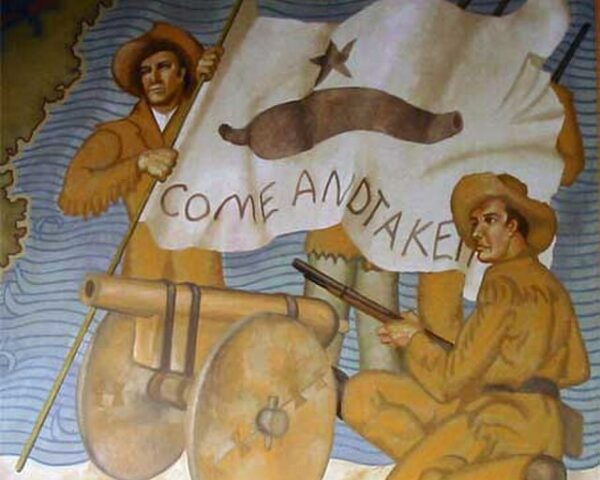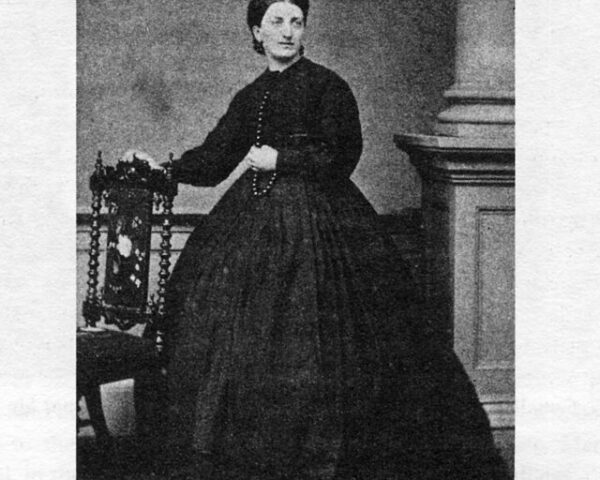In the predawn hours of October 2, 1835, a column of Mexican dragoons rode toward the small frontier settlement of Gonzales. Their mission, routine in the eyes of Mexican authorities, would prove incendiary: they had come to reclaim a small cannon loaned to the…
Read MoreThe Beltway sniper attacks, a terrifying and highly publicized crime spree, began on October 2, 2002, in the Washington, D.C., metropolitan area. Over the course of three weeks, the sniper duo of John Allen Muhammad and his teenage accomplice, Lee Boyd Malvo, conducted a…
Read MoreOn October 2, 1967, Thurgood Marshall was sworn in as a United States Supreme Court justice. His ascension to become the first African-American Supreme Court justice position stands as a momentous chapter in American legal and civil rights history. Born in Baltimore, Maryland, in…
Read MoreWhen Isabella Mary Beeton’s Book of Household Management appeared on October 1, 1861, few could have anticipated the reach and endurance of what became the most famous domestic manual of the Victorian age. Selling some 60,000 copies in its first year alone, the work…
Read MoreThe first-ever World Series game in Major League Baseball history was played on October 1, 1903, marking the beginning of a storied tradition in American sports. The contest took place at Huntington Avenue Grounds in Boston, Massachusetts, pitting the Boston Americans (now the Boston…
Read MoreOn October 1, 1971, a new kingdom joined the ranks of the world. On that day Disney opened the gates to “the most magical place on Earth”: Walt Disney World. This sprawling complex, covering over 25,000 acres, was a monumental leap forward from Disneyland…
Read MoreOn September 30, 1399, England witnessed the first deposition of a crowned monarch when Henry Bolingbroke, Duke of Lancaster, was acclaimed as King Henry IV. The spectacle in Westminster Hall marked not only the humiliation of Richard II but also a fundamental shift in…
Read MoreOn September 30, 1935, one of the greatest engineering achievements of the 20th century was officially dedicated: the Hoover Dam. Standing tall on the border between Arizona and Nevada, the dam was a symbol of American ingenuity, resilience, and the nation’s drive to…
Read MoreOn September 30, 1968, the public saw the “Queen of the Skies” for the first time, the Boeing 747. One of the most iconic and influential commercial aircraft in aviation history, its story began in the late 1960s when Boeing initiated the development of…
Read MoreThe trading floor of the New York Stock Exchange fell into near-panic on Monday, September 29, 2008, as word spread that the United States House of Representatives had voted down the Emergency Economic Stabilization Act. By the close of the session, the Dow Jones…
Read More










